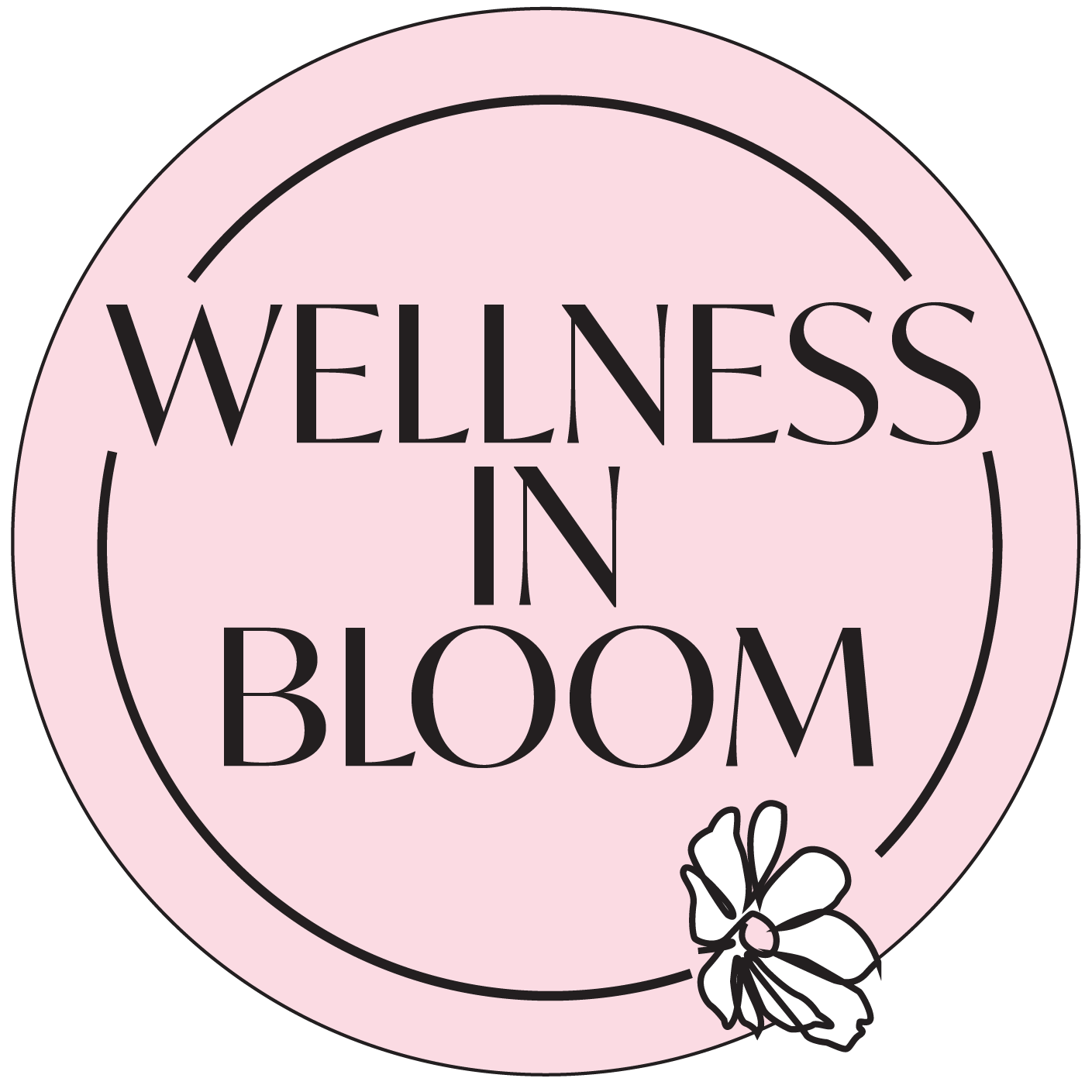Have you tried everything and not lost weight?
Have you ever thought, “I’m barely eating anything, but the scale isn’t budging!”
You’re not crazy.
You’ve trained your body to live on a very low calorie diet. So our intelligent bodies learn to adapt. As a result, they prioritize functions necessary for life (heart pumping, breathing, etc.) and everything else gets put on the back burner: digestion, sex hormones, energy for workouts, etc
But here are 4 reasons why eating less may not be helping you lose weight:
- It increases stress:
Eating below your daily requirements is a stressor on the body.
If you are chronically stressing out your body, you will have imbalanced cortisol levels.
Severe dietary restrictions can lead to an increase in cortisol levels. (1.) If you are trying to balance cortisol, eating a very low calorie diet will not help you. (Cortisol imbalances lead to an increase in abdominal weight gain.)
- It leads to nutrient deficiencies:
It’s really hard to get enough potassium, protein, fat and fiber if you’re eating 1000 calories a day.
An extremely frustrating circumstance is when obese individuals are told to go on a very restrictive diet to lose weight. The problem? Nutrient deficiencies compromise their health (2.). If you want to prevent disease as you age, you must have enough nutrients to help you combat disease.
Did you know that nutrient deficiencies can also lead to insulin resistance and leptin issues? (3.) Leptin is a hormone that helps us feel full. When it doesn’t work as well it is linked to obesity. - It doesn’t leave any extra energy to spend on working out or walking:
Eating low calorie forces your body to prioritize life-saving functions (these things require calories). The problem with low calorie diets is you end up not having any calories left over to be used on long walks or workouts to build muscle.
One of the greatest areas of the amount of calories you burn in a day is the amount of activity you do throughout the day. These could be simple tasks like cleaning, walking, playing with kids or grandkids. However, you will do less of this if you don’t have the extra energy to do so. (4.)
One of the first places to assess if you’re experiencing fatigue, or if you just "don't feel like working out," is if you are consuming enough energy to give you the energy to do so. (Calories are energy. It would be like asking a car to drive without providing it with gasoline.) - It promotes muscle loss:
Maybe it’s showing up as osteopenia or osteoporosis, but if you are underfeeding your body you will have a hard time building muscle. (The less muscle you have the more likely you are to have weak bones.)
And the natural progression of muscle loss that happens with aging will be in full force. This muscle loss slows down metabolism and leads to weak bones.
The demographic at greatest risk for this problem is perimenopausal and postmenopausal women.
Having low levels of estrogen increases the risk for osteoporosis. A hallmark aspect of menopause is the decline in estrogen. Many women end up embarking upon a very low calorie diet during this phase in their life to help combat weight gain. However, this is only making matters worse.
Very low calorie diets have been shown to increase bone loss and to increase the risk of fractures among women. (5.)
The more muscle mass you have, the faster your metabolism and the greater your ability to age well and to prevent disease (read more here). But, you have to eat enough calories to build muscle.
So what are you supposed to do? Never try to lose weight?
Of course not.
If your goal is to lose weight and to age well and to prevent disease, prioritize eating enough nutrient dense foods in a blood sugar balancing manner. Insulin resistance leads to inflammation. And inflammation is the common soil of every negative aspect of aging, including weight gain.
Many people do need to eat less in order to lose body fat. However, a better place to start is to ask yourself, "Am I giving my body everything it needs to have a healthy functioning metabolism and to decrease inflammation?" Until you are doing that, your body will continue to fight to find balance.
You can lose weight and improve your health. Need help? Click here to apply to join Wellness in Bloom today.




